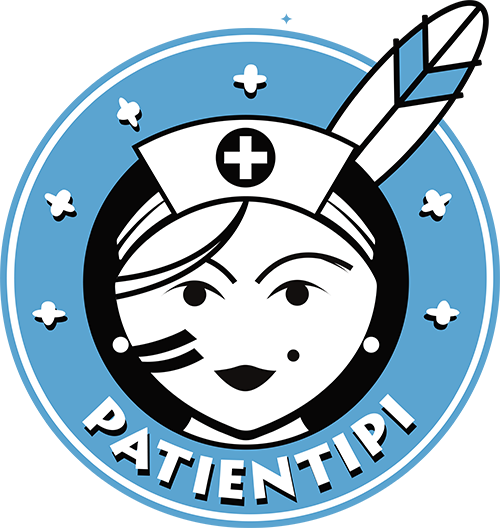Dear colleagues, you are receiving a patient of Algerian origin.
Here is a list of useful information to know in the context of his medical care.
General Information
Distance from Paris Algiers: 2 333 km
42.2 million inhabitants / Average salary: $331 per month
Literacy rate: 81.4% / Life expectancy: 77.5 years
Spoken languages : Arabic and Tamazight
● The diseases most commonly found in Algeria are: Covid-19, cholera, yellow fever, hepatitis A and B, malaria, rabies, tuberculosis, typhoid, Zika.
Communication
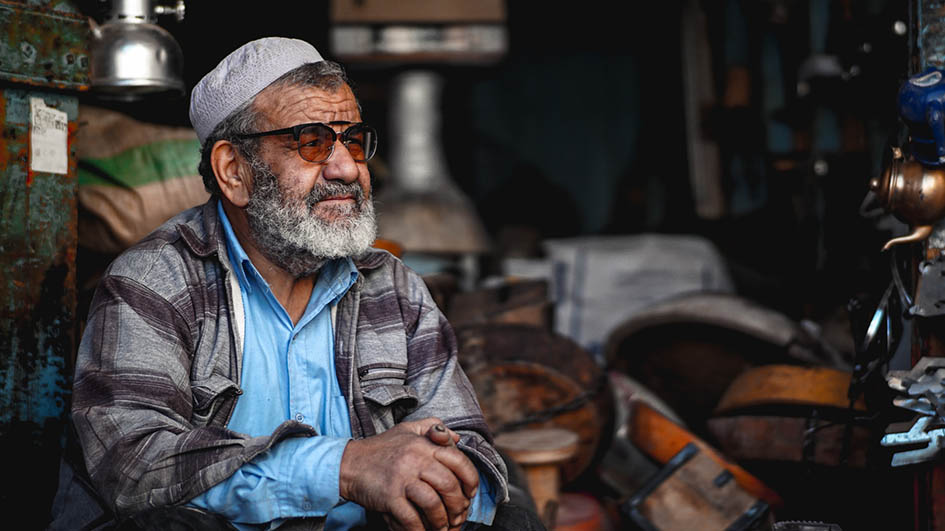
● Algerians greet each other with a handshake or by placing their hand on their chest.
Beliefs, Practices & Rituals
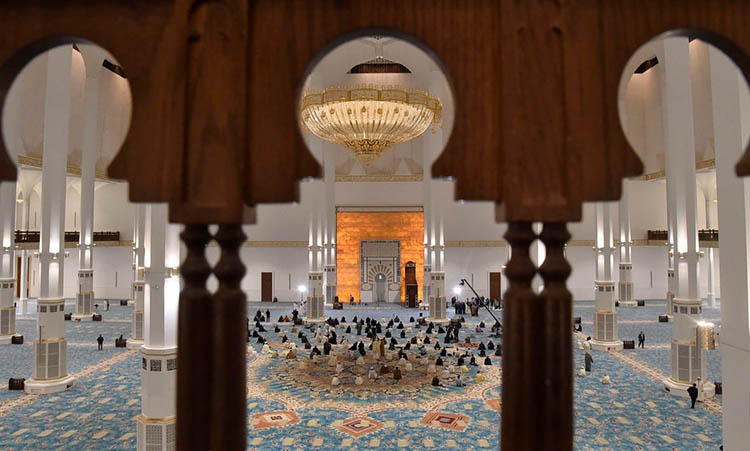
● In Algeria, 98% of the population is Muslim.
● It is considered rude to walk past a patient who is praying.
● During Ramadan, taking small amounts of blood is allowed and does not interrupt the fast.
● The ailing Muslim person is allowed to eat to regain strength if the doctor deems it necessary.
● The practice of therapeutic massage is allowed during Ramadan and does not break the fast, unlike comfort and wellness massage.
● In this country, it is customary for a woman to be treated by a female caregiver, showing only the areas to be treated.
● Some people may believe that Evil Spirits (jinn) and the evil eye bring them misfortunes, including diseases.
Dietary Habits
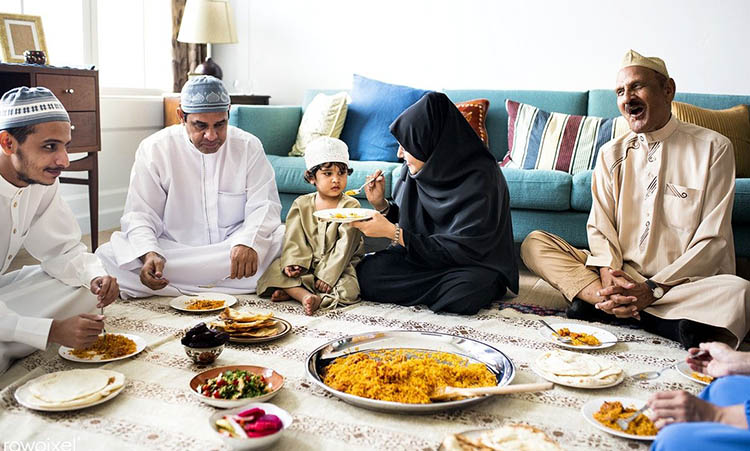
● The Muslim religion forbids the consumption of pork and alcohol.
● Algerian cuisine is rich in spices.
● The consumption of coffee and mint tea holds an important place.
● During the month of Ramadan, fasting is compulsory every day, from sunrise to sunset.
Pregnancy and motherhood
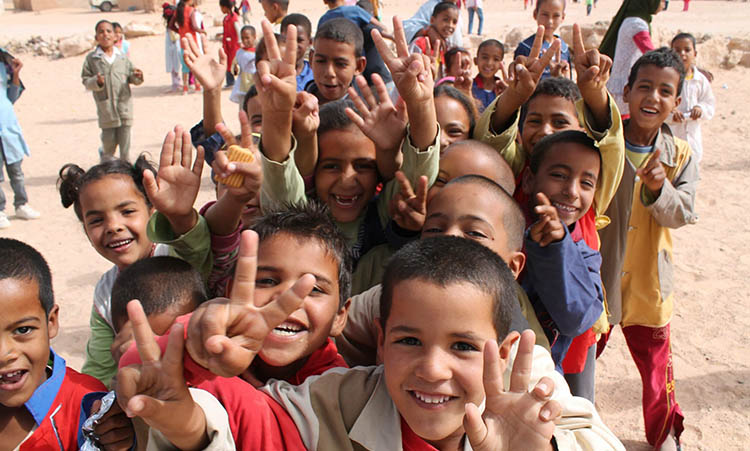
● It may happen that Algerian women prefer to come and give birth in France rather than in Algeria.
● Some women take oral contraception, sometimes without informing the husband or family.
● The IUD is a marginal method of contraception in Algerian society.
● Childbirth can be a difficult experience for women, as their bodies become the painful object of the childbirth process.
● In Algeria, one child out of three is obese and is likely to remain so throughout his or her life.
End-of-life care
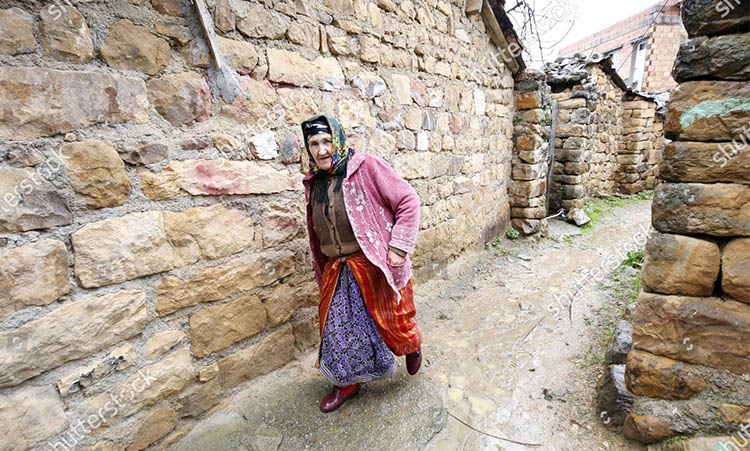
● Families generally have an important place in the entire context of end-of-life care.
● Upon the death of one of their own, Algerians may ask to expedite the process of burying the deceased as quickly as possible.
● The family of the patient at the end of life might want an imam to come and read suras to the patient. If this is not possible, the delivery of suras by telephone is feasible. The religious aspect is predominant when the situation becomes critical.
Examples of Cases Encountered
This section allows us to share experiences. Do not hesitate to share yours with the community.
A 10-year-old girl who was abused during an exorcism (roqya) session in her family home died in eastern Algeria in 2020. Traces of blows and burns were found on the girl, stigmata caused by a healer in order to get demonic possessions out of the patient’s body.
Exorcists are often in demand to treat “possessed” people in order to “cast out their demons”, to preserve themselves from the evil eye or to try to help barren wives.
Many denounce the fact that this practice attracts unscrupulous people who take advantage of the desperation of the sick, especially those with mental and spiritual illnesses.
● Cleveland Clinic – Diversity toolkit
● Verbal/non-verbal communication
Rachida Boukhebza: toutsurlalgerie.wordpress.com
● Testimony “Cultural differences and end of life: Until death comes with life
● Pregnancy and childbirth: The social logics of officials, health staff and women (Algeria)
● RTL.fr
